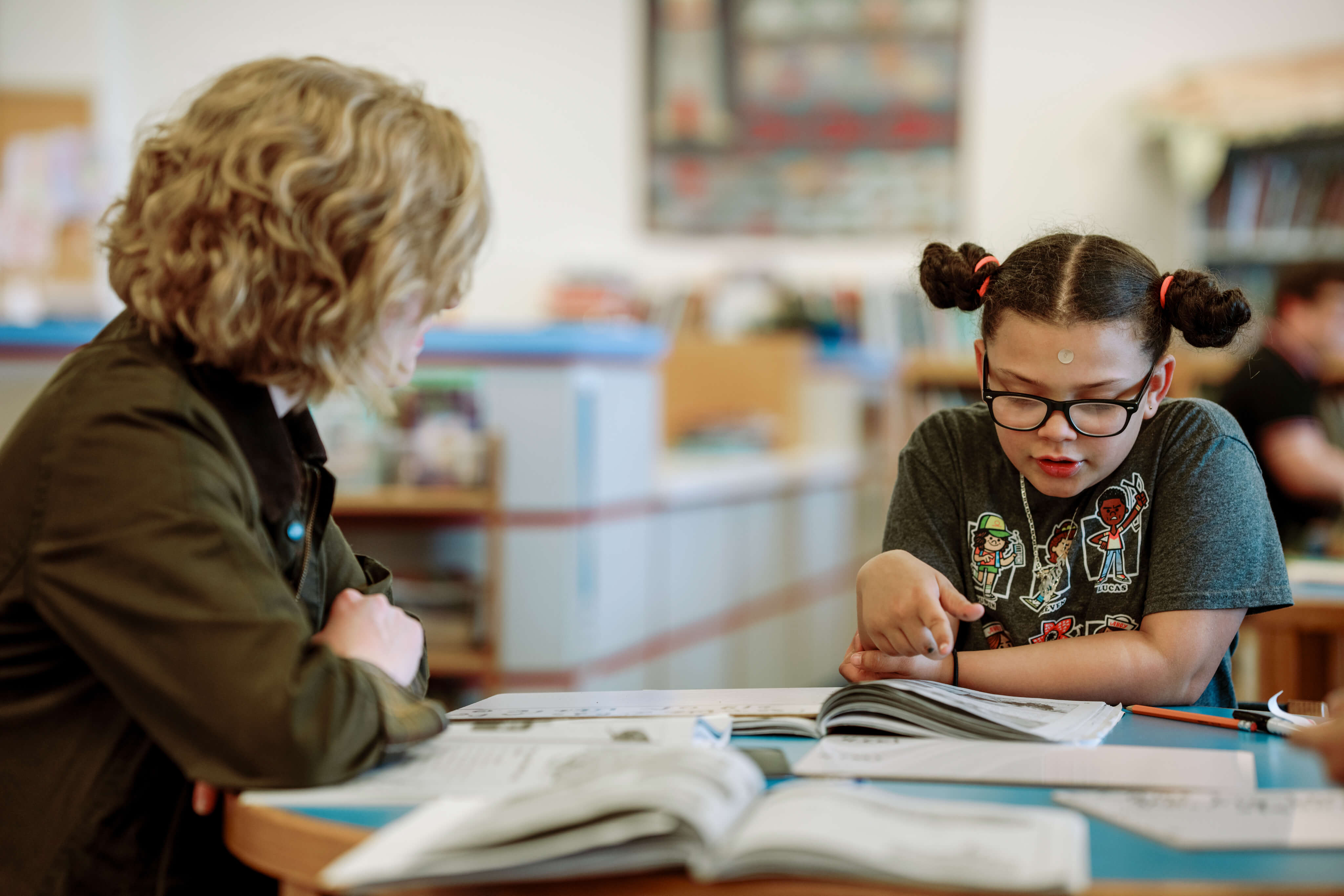Actionable strategies and solutions designed to prepare administrators for a successful new school year
As the 2022-2023 school year kicks off, the obstacles facing faculty, staff, and students remain significant. In fact, the upcoming school year might be the most challenging yet. Administrators continue facing pandemic-induced hurdles such as substantial numbers of students struggling academically, emotionally, and behaviorally. Additional concerns include significant teacher and other school-staff shortages, teacher and staff retention and wellness, and overall widened achievement gaps.
Now is a critical time for school leaders to further examine these issues and determine the best ways to meet students and their faculty where they are. Here are four actionable strategies and solutions designed to prepare administrators for a successful year:
1. Prioritize the needs of the entire school community.
From families, teachers, behavior experts, and social workers to counselors, coaches, and aides, it takes a village to ensure students are armed with the knowledge and skills to help them succeed in and out of the classroom.
By providing students with academic and social supports, teachers with vital tools, and families with the resources they need, you can create a foundation where students are able to achieve.
2. Focus on teacher support and wellness.
As educators focus on the wellbeing of their students, administrators should focus on the wellbeing of their teachers. To champion them, consider working with a partner that can offer turnkey critical support customizable to their needs. When evaluating outside providers, look for one that not only tells you what they’ve done, but can show you they have a proven method of doing it right. To make PD even more accessible for staff, consider making time for these sessions during the school day.
Ensuring teachers receive the help they need shouldn’t be overwhelming or time-consuming. Explore peer-to-peer solutions such as “lunch and shares” with a theme or topic that can be facilitated by a principal, academic director, or teacher. There’s strength in collective experiences. When teachers work closely with – and most importantly, are validated by – other educators, morale generally increases.
If we can empower more teachers and staff by giving them the tools they need to navigate serious challenges, that’s a win for schools, students, and families.
3.Provide supplemental academic services for all students.
High-dosage tutoring is one way to help struggling learners regain their confidence through intensive small-group instruction. Schools systems should also allocate a portion of post-pandemic education funding on intervention programs for all students. Remember to think about your student-based plans as multi-year efforts and not just a one-to-two year project.
A comprehensive approach to supplemental academic services activates existing and relevant knowledge, builds prerequisite skills, and reinforces foundational skills in the current grade’s core content. These programs also connect educators with their students to address critical needs.
4. Incorporate life skills and social-emotional programming.
Data, coupled with anecdotal evidence, shows that kids today are really struggling emotionally. Student well-being is foundational to academic success, making it critically important to provide emotional and mental health supports.
Administrators should evaluate their school resources and determine what supports are most needed based on the behavioral and social challenges their students face. All schools could use a tiered structure for providing mental health support. Group counseling sessions as well as individual support should be made available to all students.
Working toward a productive, positive, and healthier school experience for staff and students takes time. Don’t think of these steps and programs as a solution for just this school year. This is a multi-year program that requires a multi-year plan.
With consistency and all hands on deck, we can bring about a better back-to-school for all.
About the author:
 Michal Kisilevitz is the senior vice president of education and corporate operations for Catapult Learning, a provider of intervention programs for students and professional development solutions for teachers in both public and nonpublic K-12 schools. For more information, visit https://catapultlearning.com.
Michal Kisilevitz is the senior vice president of education and corporate operations for Catapult Learning, a provider of intervention programs for students and professional development solutions for teachers in both public and nonpublic K-12 schools. For more information, visit https://catapultlearning.com.



